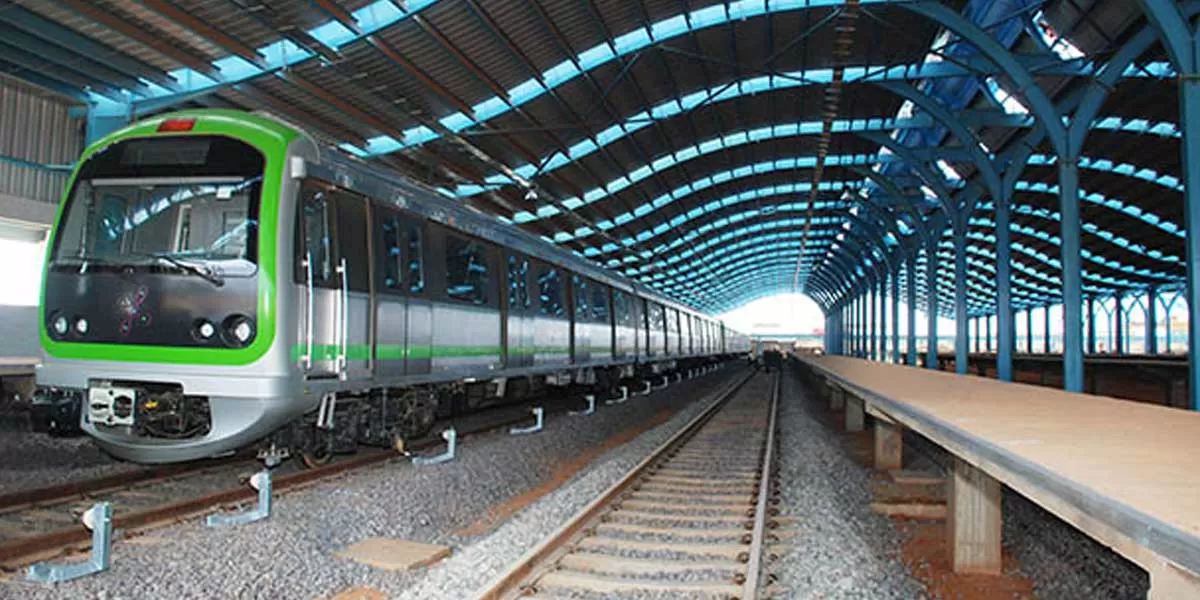
HCC-TPL JV Secures Indore Metro’s Underground Package IN-05R
"Madhya Pradesh Metro Rail Corporation Ltd (MPMRCL) has announced Hindustan Construction Co. Ltd. – Tata Projects Ltd. (HCC – TPL Indore Metro JV) as the lowest bidder for Package IN-05R, the first and only underground section of Indore Metro Phase 1’s Yellow Line.Originally, MPMRCL invited bids for Package IN-05 in February 2024 but later cancelled the tender and reissued it as Package IN-05R, with an estimated cost of ₹2,550 crore and a four-year completion timeline. When technical bids were opened in November 2024, six firms had submitted their proposals. However, Afcons-Sam India J..

TBM Kurinji Launched for Corridor 5 Expansion for Chennai Metro
Tata Projects Limited has launched the first Tunnel Boring Machine (TBM) for Corridor 5 of its Phase II expansion project. Named TBM Kurinji, the machine was deployed at the Kolathur Ramp on February 19, 2025, marking a significant milestone in Chennai’s metro development.Following the successful implementation of Phase I and its extension, CMRL has embarked on an ambitious Phase II expansion, covering 118.9 km across three new corridors, backed by international funding from JICA, ADB, AIIB, and NDB. Corridor 5, spanning 47 km, originates at Madhavaram Milk Colony and passes through key loca..

Indore Metro's Underground Section to Enhance Urban Connectivity
The 8.626 km-long underground stretch of the Yellow Line will connect a ramp east of Indore Railway Station to a ramp west of Devi Ahilya Bai Holkar Airport, featuring twin tunnels and seven underground stations at key locations, including Indore Railway Station, Rajwada, Chota Ganpati, Bada Ganpati, Ramchandra Nagar, BSF/Kalani Nagar, and the Airport. This underground corridor, the only such section in the 33.53 km Indore Metro Phase 1, is set to transform urban mobility. It will integrate with Package IN-04 on the east side, currently under construction by RVNL-URCC JV, and Package IN-03 on ..














